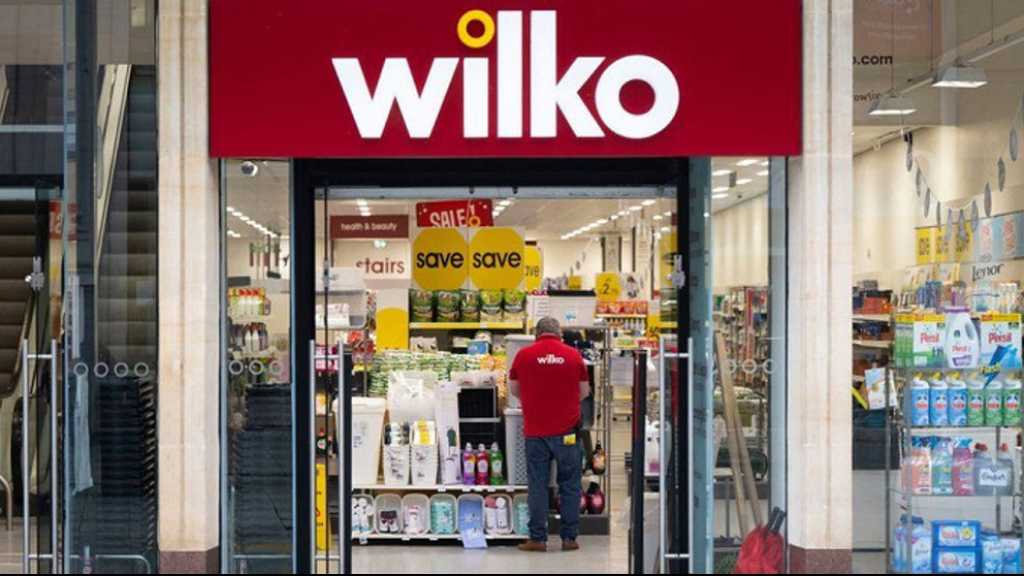
UK’s Major Retailer to Shut All stores amid High Inflation

By Staff, Agencies
Britain’s major retailer, Wilko, says it is forced to shut all its stores across the country by early October, amid rising inflation and an unprecedented cost-of-living crisis that is plaguing the UK.
According to the announcement, which was made on Monday, the decision will see more than 10,000 staff get laid off after last-ditch talks on a rescue deal with the owner of the HMV music store chain collapsed.
“...despite extensive efforts, it has become clear that no significant part of the Wilko operations can be rescued,” said PricewaterhouseCoopers [PwC], a British multinational audit and assurance firm, which has taken over as the family-owned budget retailer’s administrator.
A UK parliamentary committee has heard from the CEOs of some of the country’s major supermarkets which have been accused of grotesque profiteering in the middle of a cost of living crisis.
PwC confirmed that 124 Wilko stores will be closed by September 21, while the timing for the closure of the remaining 222 stores has yet to be announced. The company's distribution center operations are expected to be shut down on Friday.
Wilko, which started as a hardware store in 1930, announced its collapse on August 10, putting 12,500 jobs at risk.
It blamed Britain's “stubbornly high inflation” and interest rates affecting businesses and consumers as the main reasons behind the decision.
Market analysts also confirmed that the company has succumbed to Britain's tougher economic environment and cost-of-living crisis that has been driven by high inflation and a series of interest rate rises.
2022 has been dominated by a cost-of-living crisis, and the figures are staggering in the UK.
Earlier this month, London-listed retailer B&M struck a deal to buy 51 Wilko stores for up to 13 million pounds [$16.26 million]. However, a deal could not be reached in time for the rest of the company, despite efforts by Canadian businessman Doug Putman, who owns HMV music stores, and PwC.
The PwC put the failure down to the impossibility of cutting down infrastructure costs quickly enough to make a transaction viable.
Comments
- Related News

UK Announces New Missiles Package for Ukraine
2 months ago

